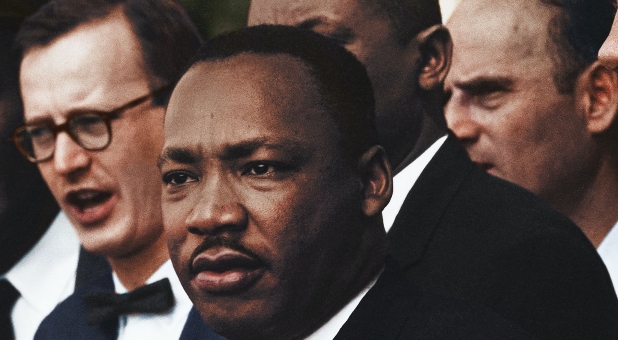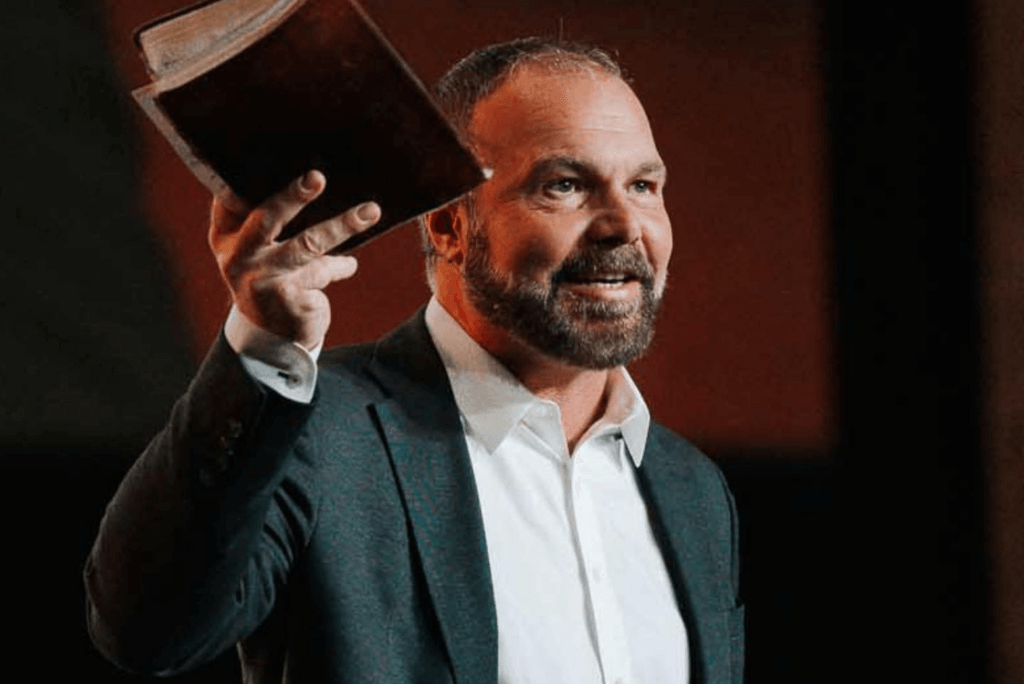The Rev. Dr. Martin Luther King Jr. left a legacy of hope and inspiration that continues 53 years after his assassination.
In President Donald Trump’s proclamation to honor King, he said, “Dr. King described our Constitution and Declaration of Independence as promissory notes left by our Founding Fathers for ‘every American to fall heir.’ His dream, rooted in the American Dream, was that our children might be ‘judged not by the color of their skin, but by the content of their character.’ This dream, he hoped, would finally let freedom ring for all people…With the same dream, faith and hope championed by the Reverend Dr. Martin Luther King Jr., we recommit to upholding his legacy and meeting our sacred obligation to protect the unalienable rights of all Americans.”
At the age of 35, King was the youngest man to have received the Nobel Peace Prize and turned the $54,123 prize money over to the furtherance of the non-violent civil rights movement. Jailed for violating a law used to stop him from protesting injustice, King wrote his famous “Letter from Birmingham Jail” to seven clergymen and one rabbi.
King was a minister like his father and grandfather. He pastored Dexter Avenue Baptist Church in Montgomery, Alabama, and Ebenezer Baptist Church in Atlanta. King pursued his dream of a colorblind society through lectures, nonviolent marches and protests. He suffered harassment, threats, beatings, incarceration and even the bombing of his house. But he kept marching for justice, equality and peace. In 1963, he delivered his famous “I Have a Dream” speech at the Lincoln Memorial before thousands of people. He said, “I look to the day when people will not be judged by the color of their skin but by the content of their character.” The speech beautifully and forcefully articulated the hopes and aspirations of the civil rights movement as rooted in the Bible and the Constitution.
King often addressed the church specifically, challenging Christians to pursue both spiritual and political reform. King said, “The church must be reminded that it is not the master or the servant of the state, but rather the conscience of the state. It must be the guide and the critic of the state, and never its tool. If the church does not recapture its prophetic zeal, it will become an irrelevant social club without moral or spiritual authority.”
Liberty Counsel founder and chairman, Mat Staver, said, “We long for the day when the dream of Dr. Martin Luther King Jr. will become a reality.” {eoa}
This article originally appeared at lc.org.
See an error in this article?
To contact us or to submit an article





















